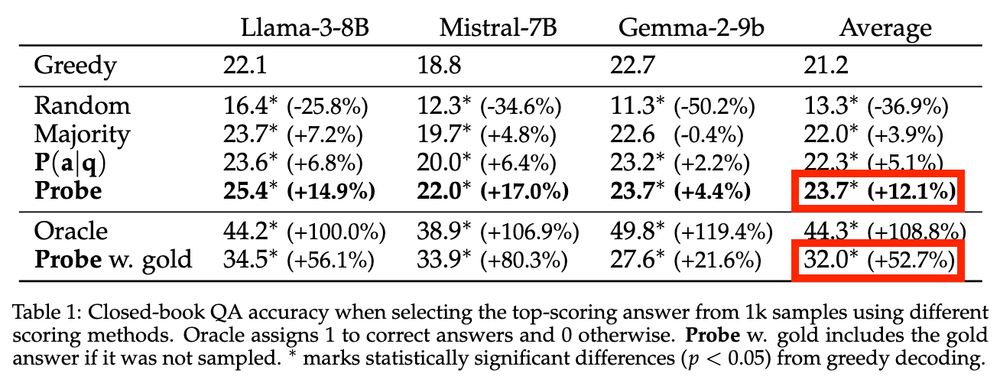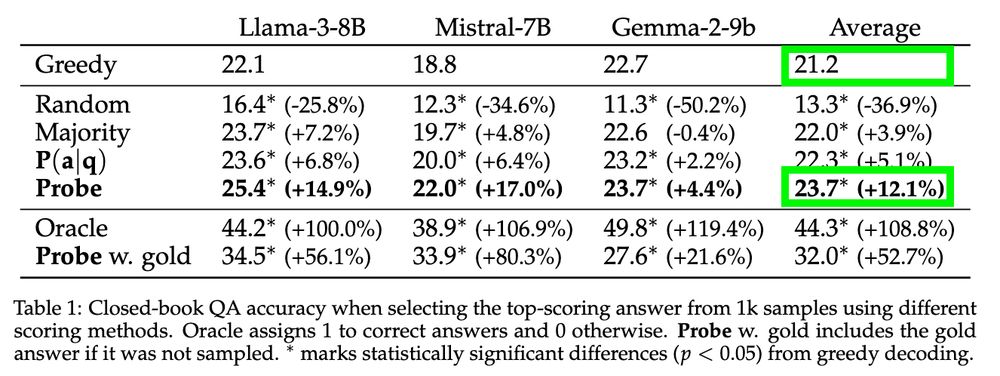15/🧵

15/🧵
14/🧵

14/🧵
13/🧵

13/🧵
11/🧵

11/🧵
This highlights the need to understand these differences and build models that better use their knowledge, for which our framework serves as a foundation.
10/🧵

This highlights the need to understand these differences and build models that better use their knowledge, for which our framework serves as a foundation.
10/🧵
8/🧵

8/🧵
7/🧵

7/🧵
5/🧵

5/🧵
In our new paper, we clearly define this concept and design controlled experiments to test it.
1/🧵

In our new paper, we clearly define this concept and design controlled experiments to test it.
1/🧵

